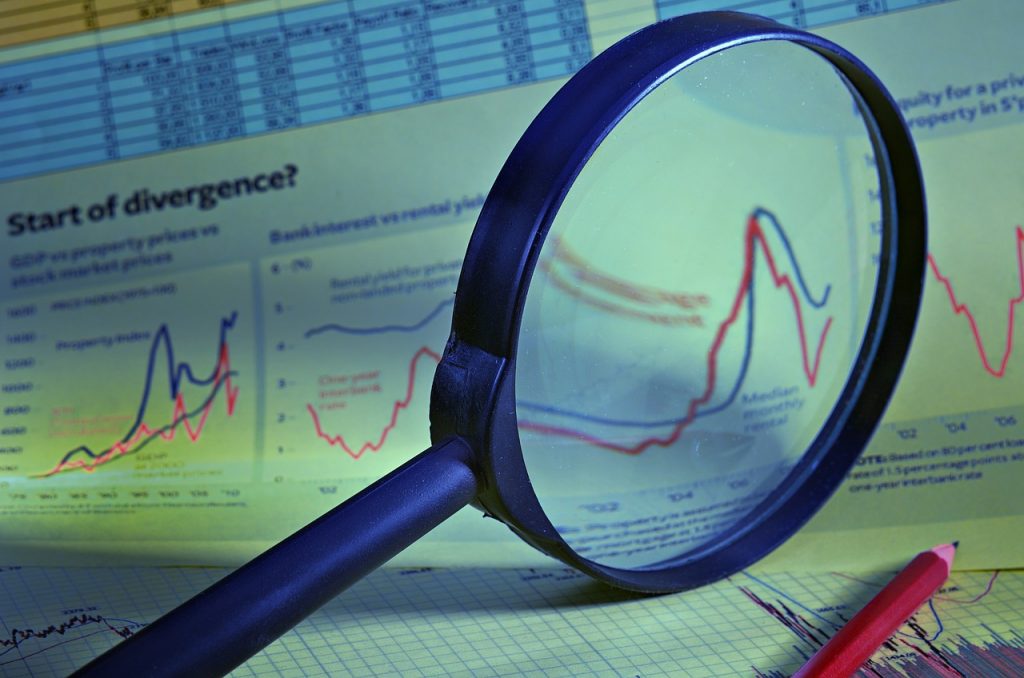Stock Market At Risk Of Major Crash?
Learn why despite the fact that the economy is booming, that an all-out stock market crash is poised to occur.
This article is more than 2 years old

Despite ballooning inflation and the fact that society is still reeling from the aftershock of a years-long global pandemic, the United States economy has held up exceedingly well. In fact, many investors and businesses, in general, have had a solid couple of years in terms of revenue growth and stock market performance. However, despite the resilience and stability that the economy has shown in the past few years, CNN is warning of potentially dark and ominous roads ahead. Businesses that have been booming may suddenly find themselves on a collision course that ends in a full-on stock market implosion.
The foreboding signals are seemingly coming without any identifiable rhyme or reason. However, experts are saying that even though everything on Wall Street looks peachy keen at the moment, a massive stock market downturn is all but set in stone. This begs the question, in a market that has reportedly grown exponentially and seems stronger than ever how could it be primed for an all-out collapse? The answer can essentially be found in the very laws that dictate probability. Everything that goes up, must come down. Those are the ebbs and flows that govern life in general.
Experts are using history to support their predictions that an inevitable stock market meltdown is looming. The stock market looked historically similar to the way it does now before succumbing to massive dips. Experts referenced comparisons to the years leading up to the Great Depression and Great Recession. Macro strategist David Hunter described the current situation on Wall Street. “We’re at an inflection point for bonds, stocks, rates and the dollar,” said Hunter.
However, interestingly enough, experts have detailed that before the stock market starts moving towards a full-on collapse, something else will likely happen first. The market is predicted to melt-up before it melts down. This essentially means that the market will continue to soar to exponentially high heights before ultimately falling to dark and dismal depths. Market melt-ups happen as a result of a rush of investors trying to get involved in a wealth-heavy market.
Similar to inflation, this mad dash inflates companies’ wealth beyond what they are actually worth, which, in turn, primes the market for to take a nosedive. “We believe that, if the yield curve inverts, the data says the stock market will have a massive ‘melt-up’ over the next two years. We’re talking 20% or greater gains,” explained Luke Lango, who works as a senior investment analyst for InvestorPlace.
Moreover, judging by the way the market looks at present, that mad dash may already be beginning to form. Lango’s company, for instance, currently lists over half of all shares purchasable on Wall Street as worthy investments. That is virtually unheard of simply because of the frugality and cautiousness associated with all financial maneuvers.

The big takeaway here is that the United States economy is very likely floating the calm before the storm. Right now, even despite overgrown inflation and mitigating supply chain factors tied to overseas turmoil, the stock market remains thriving. However, the coming years are predicted to position the market for an immense downturn. For the time being, though, all that can be done is simply wait for the tides to turn and the ultimate ball to drop.











